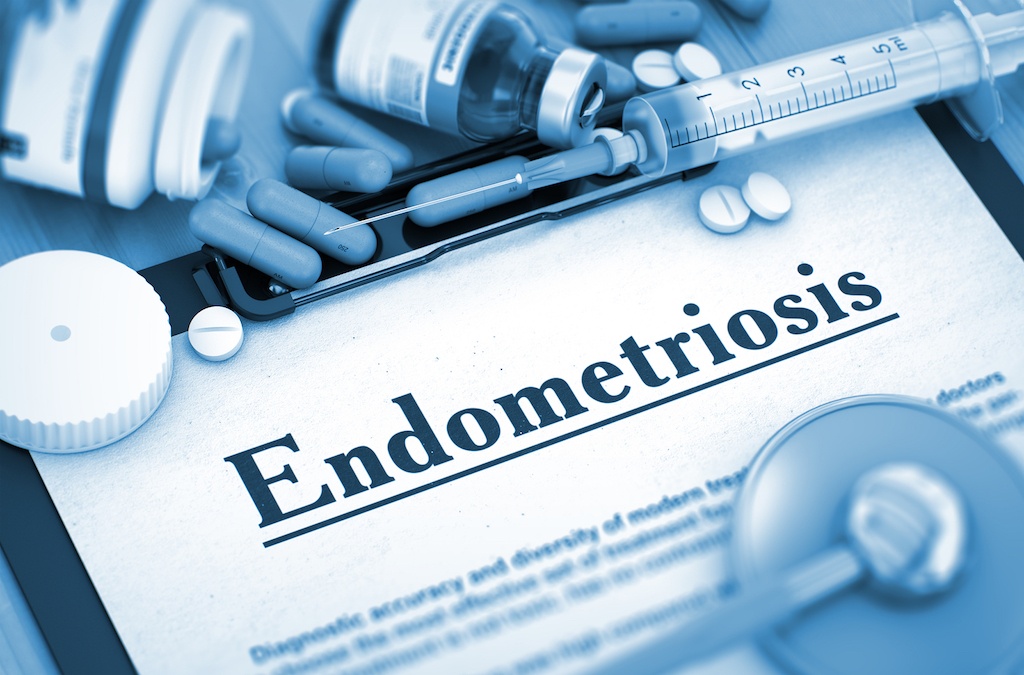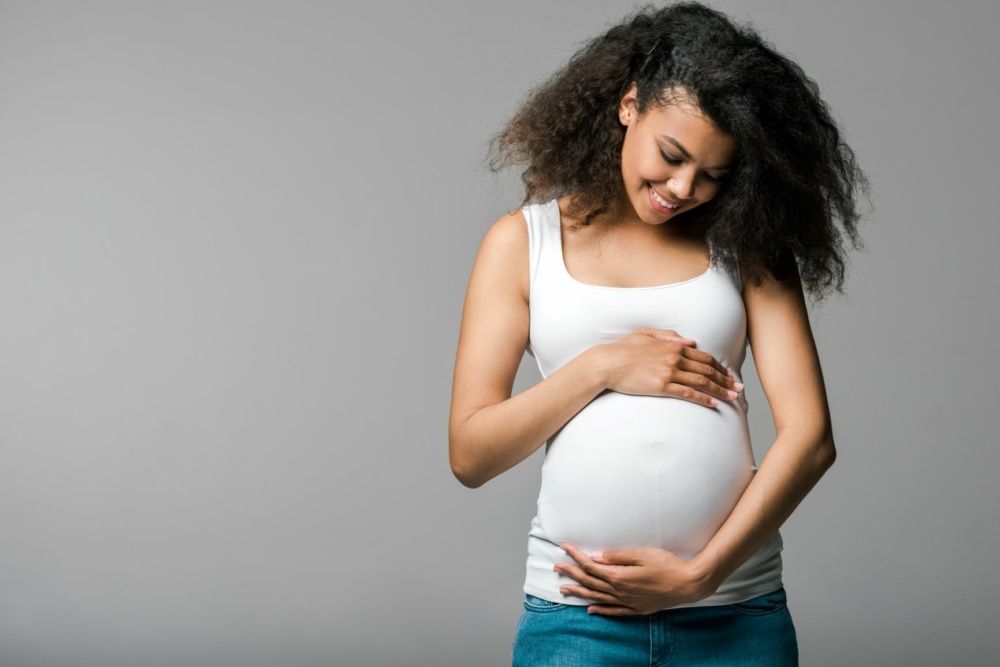More than 5 million women in the U.S. struggle with a chronic health condition that can not only be painful, but also potentially affect their ability to get pregnant. This health condition is endometriosis.
March is National Endometriosis Awareness Month, and an important time to learn how to manage endometriosis, especially for women trying to conceive.
“Endometriosis occurs when tissue that normally lines the inside of the uterus – the endometrium – grows in places such as the ovaries, fallopian tubes and tissues that hold the uterus in place,” said Joseph Garza, M.D., chief fertility officer of the Advanced Fertility Center.
Even though this tissue is outside the uterus, it follows a similar menstrual cycle as the uterine lining: a monthly build up, breakdown and shedding. While a menstrual cycle sheds the uterine lining during a woman’s period, the tissue shed from the endometrium has no way to leave the body.
“We frequently see fertility patients suffering from endometriosis…Fortunately, the condition is treatable.” -Dr. Joseph Garza, chief fertility officer of the Advanced Fertility Center
 “This can cause internal bleeding and inflammation, and possibly form scar tissue that can impair a woman’s ability to conceive,” Dr. Garza said. “It’s also a very painful condition to manage monthly.”
“This can cause internal bleeding and inflammation, and possibly form scar tissue that can impair a woman’s ability to conceive,” Dr. Garza said. “It’s also a very painful condition to manage monthly.”
Endometriosis can influence infertility in other ways than scar tissue formation. The inflammation that occurs can affect the pelvis and fallopian tubes, and the tissue can also change the internal environment of a woman’s eggs so much that it alters their quality.
“We frequently see fertility patients suffering from endometriosis,” Dr. Garza said. “Fortunately, the condition is treatable.”
Medication can reduce endometrium inflammation and pain, but if a case is severe enough, surgery to remove the tissue may be necessary. In this instance, a laparoscopy is performed on the patient, which is a minimally invasive outpatient surgery. Hormone therapy has also proven to be effective in some cases.
So how do you know if you have endometriosis?
“If you have severe and consistent pelvic pain during your periods, it’s best to talk to your doctor about a management plan that’s right for you,” Dr. Garza advised. “While the relationship between endometriosis and infertility continues to be debated, you should always be proactive about managing your personal health and wellness.”
Joseph Garza, M.D., is the chief fertility specialist at the Advanced Fertility Center, San Antonio. To schedule an appointment with Dr. Garza, please call 210.616.0680.







Recent Comments